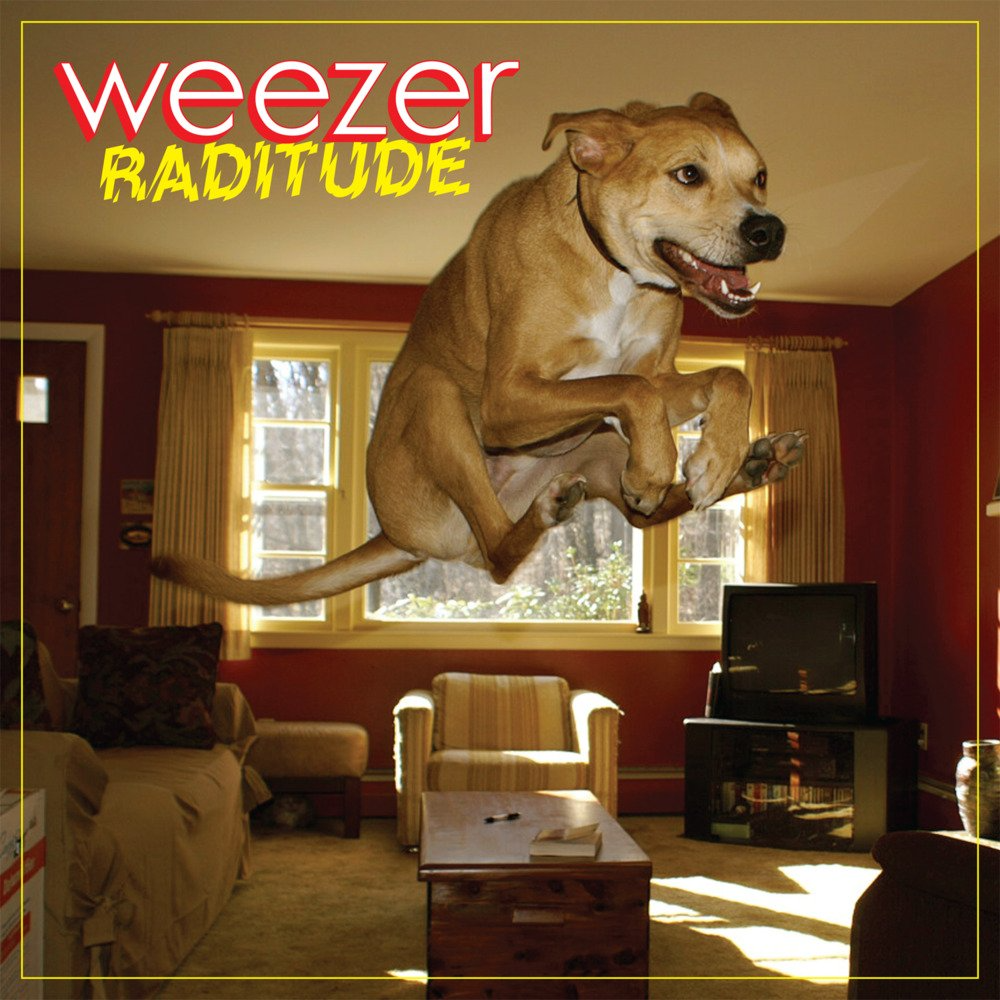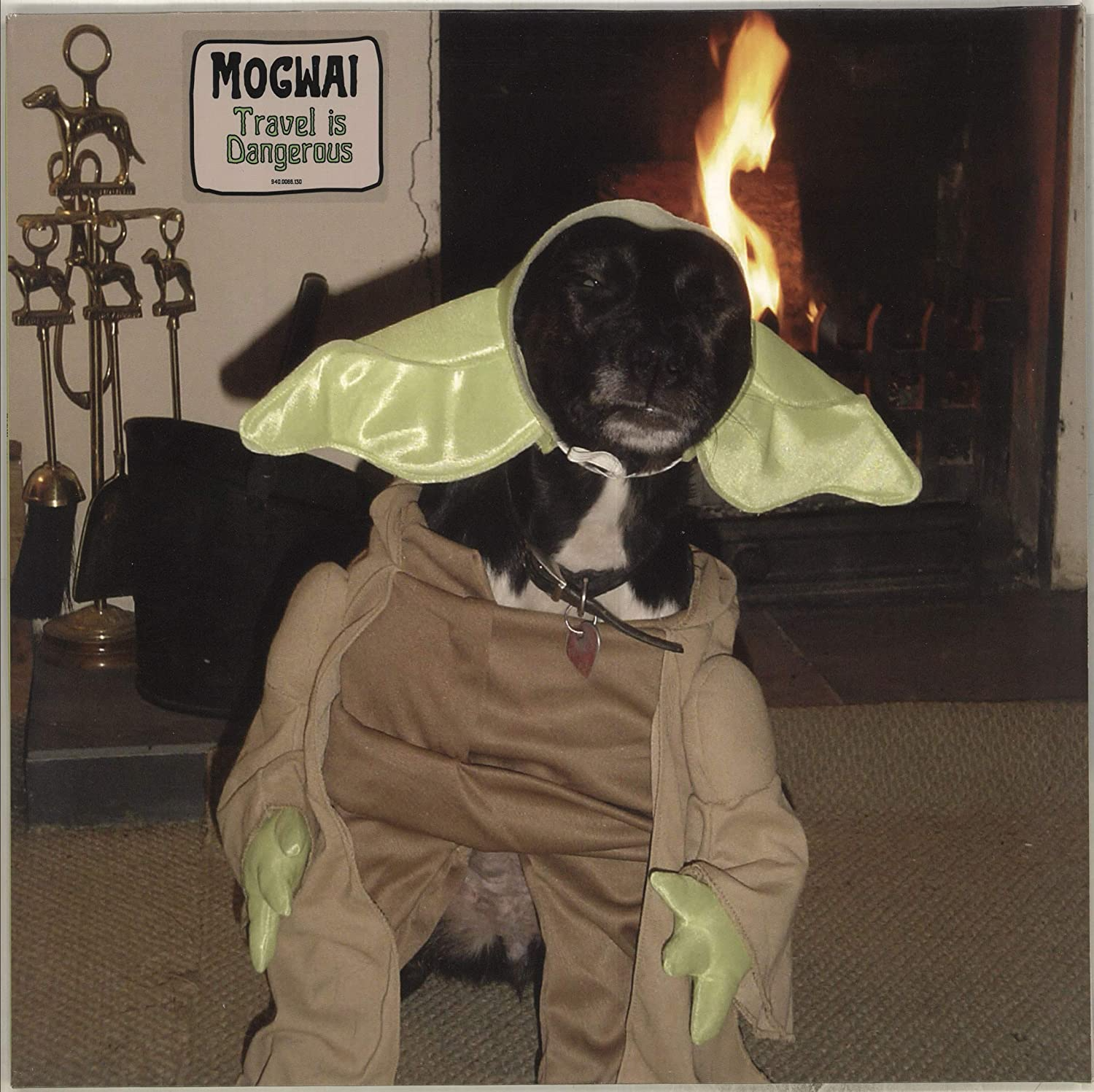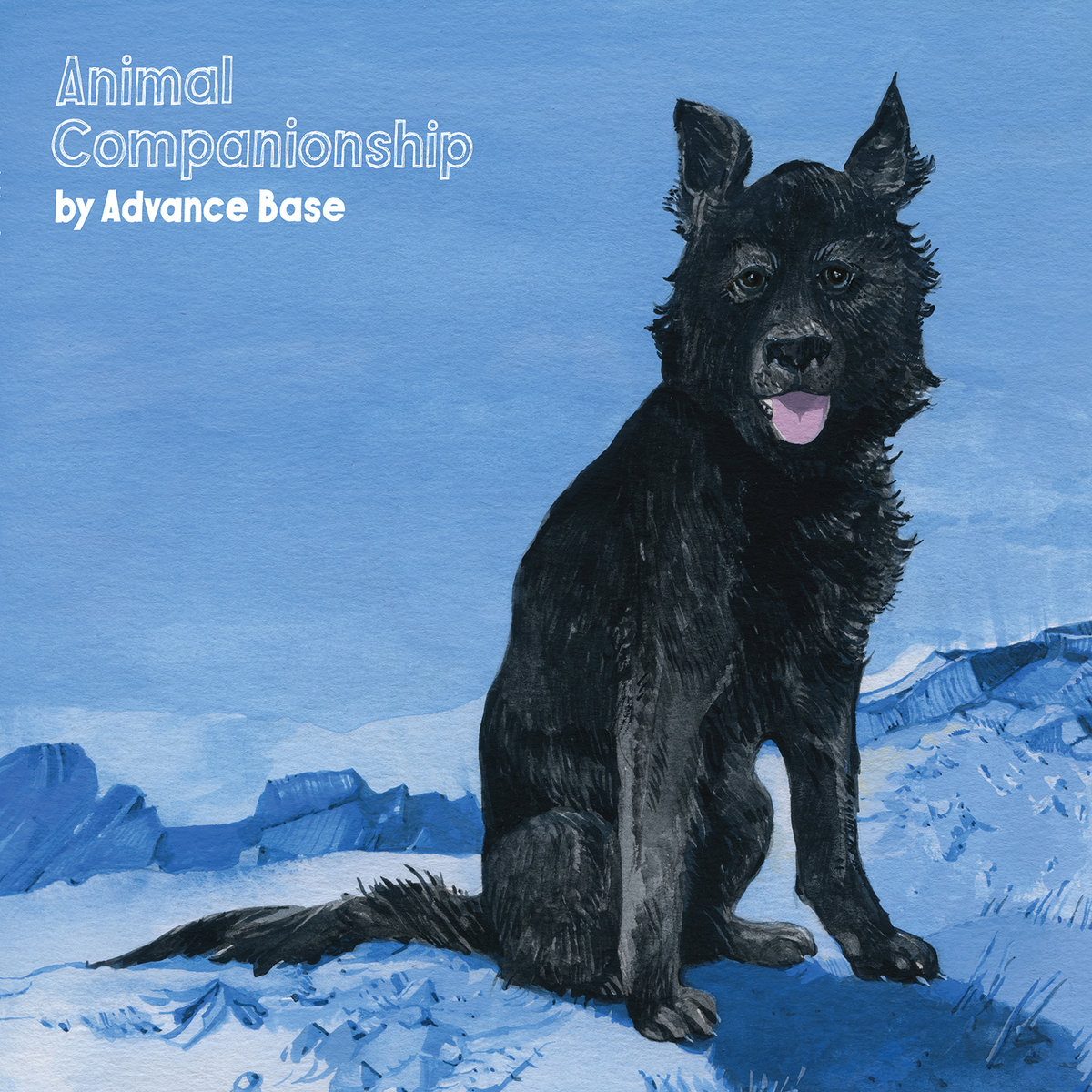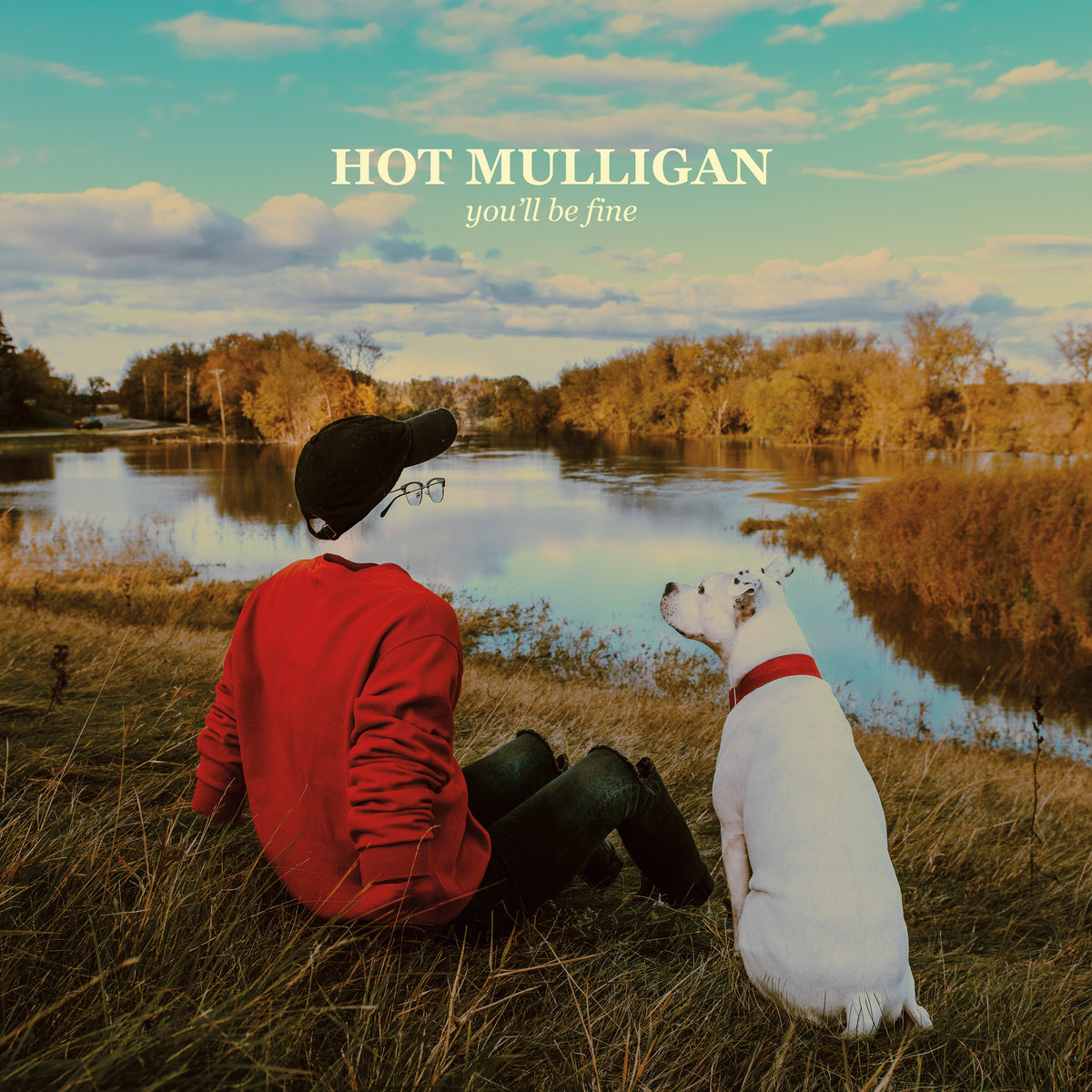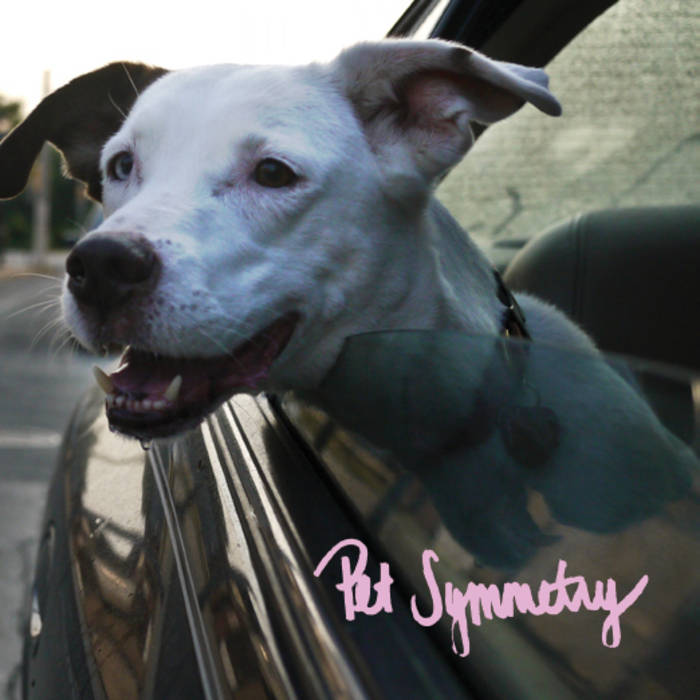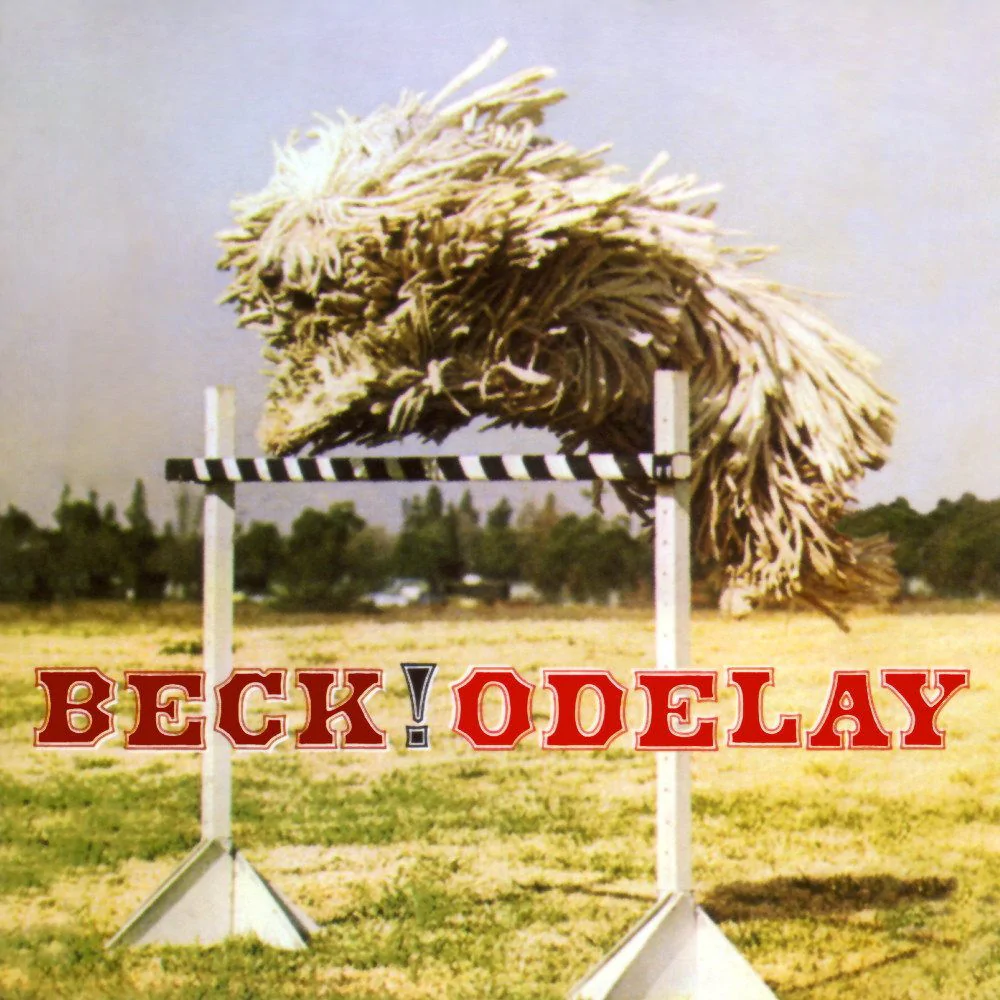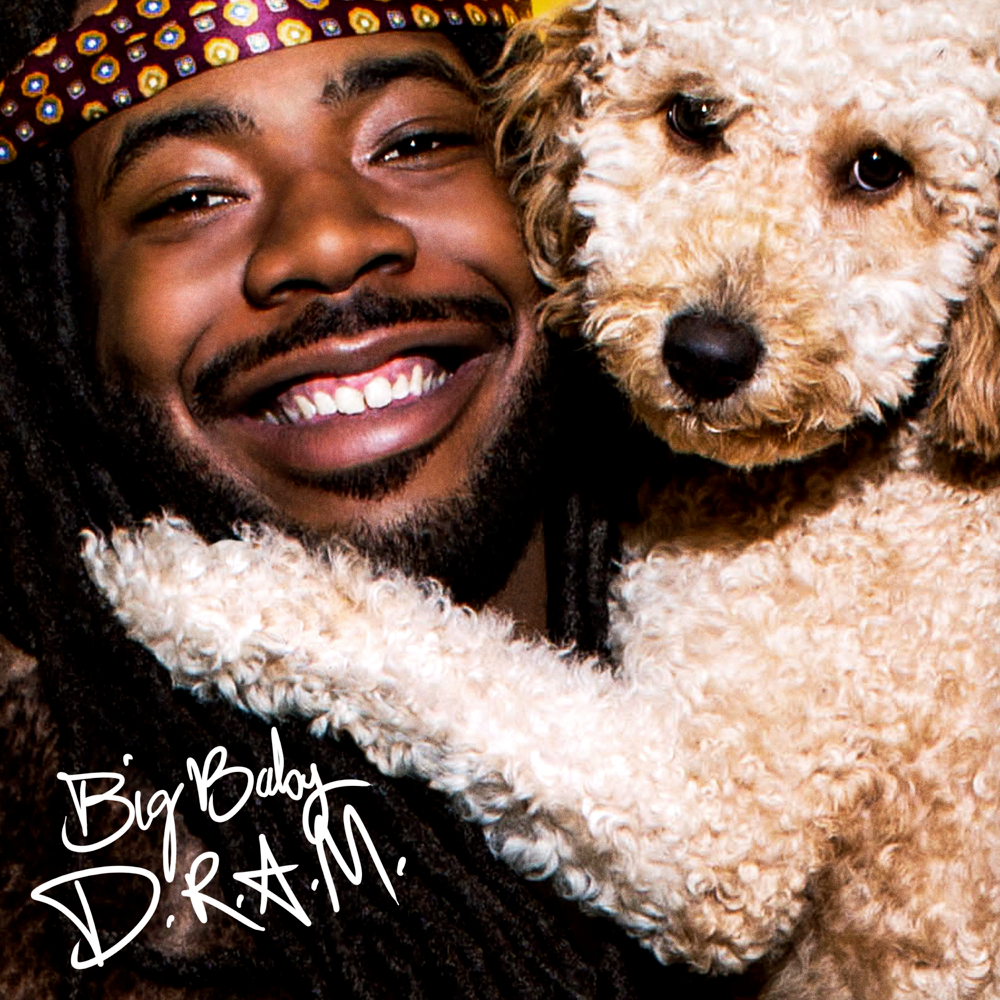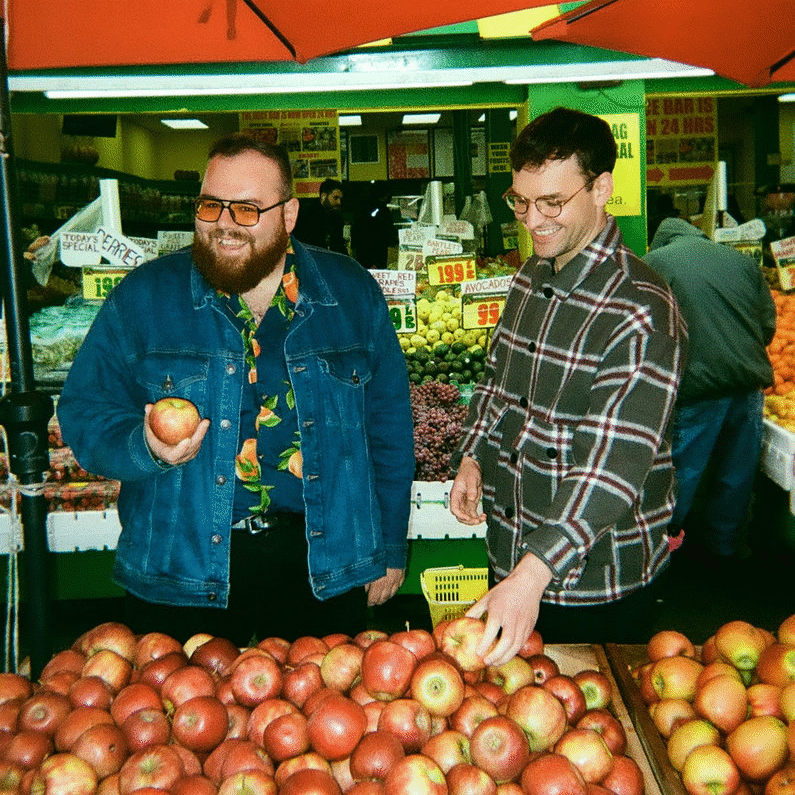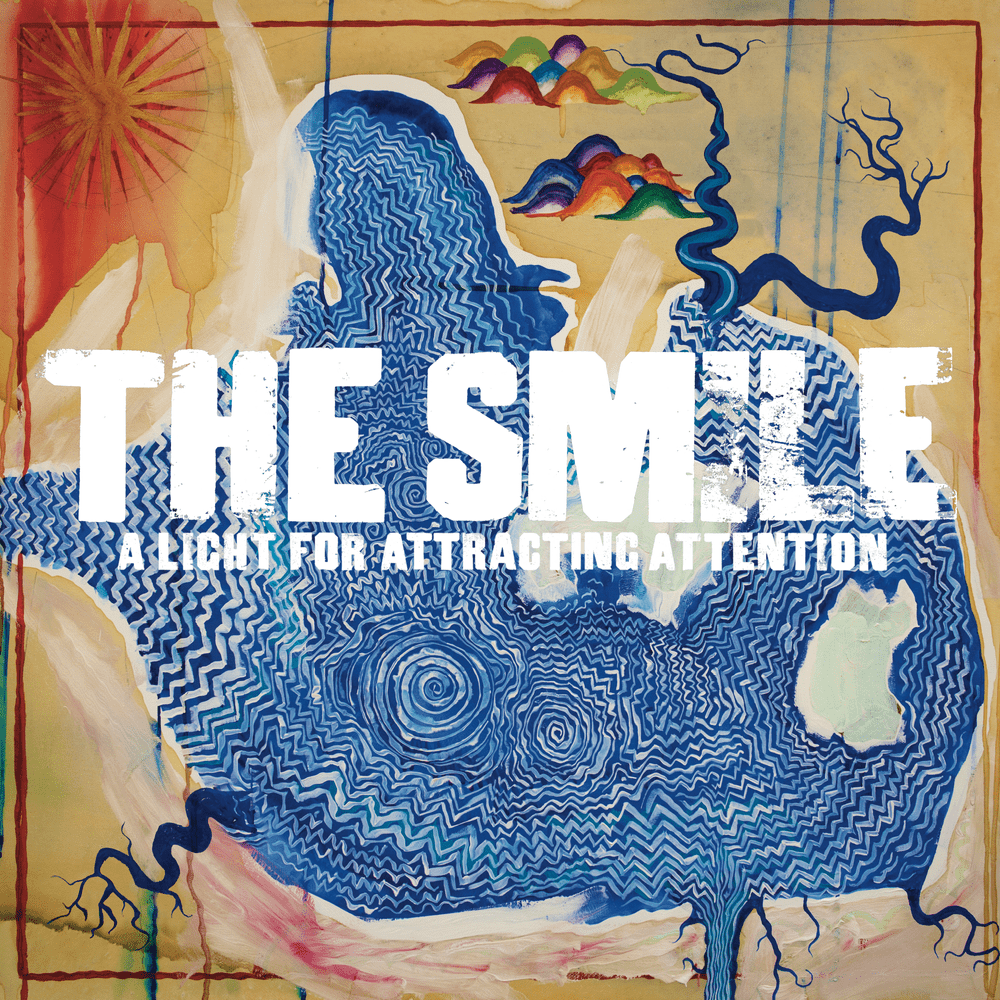The Most Petable Dogs In Music
/Dogs. They’re everywhere, maybe even in your own home. You might know them as Man’s Best Friend, but I’d argue they’re even more than that–they’re art.
I’ve always been a dog person. My family has had two dogs; Inca (rest in peace) and Miracle. They’re both Keeshonds and both very good girls. I’m just doing a ballpark estimation, but I’d guess that I’ve taken dozens of gigabytes worth of photos and videos of both of them over the last sixteen years. They’re cute, and I love them!
It only makes sense that musical artists have the same connections with their dogs, so it’s no surprise why many of them have immortalized their pets (or other people’s pets) on the covers of their albums.
Go on, just think about it. You can probably name a few off the top of your gear right now without even trying. As far as album covers go, I’d like to make a bold and substanceless claim that no other creature within the album kingdom has been as well-represented as canines. Big guys, small guys, fluffy guys, feral guys, they’re all here in some form or another on various album covers from indie rock to experimental bullshit.
In this article, I’d like to rank these famous pups by how much I’d like to pet them personally. I’d also like to give the clarifying asterisk that I think all of these dogs are good boys and girls. This ranking is no judgment on the dog’s looks or the artist’s music, purely how much I would personally like to curl up with the dog we see on the album art.
Secondary asterisk: don’t you dare contact me and tell me that I “missed one.” This is all of them, every dog that’s ever existed on an album cover ever. There are no more… Just kidding, please add your favorite album cover dogs in the comments; I want to see them all.
Machine Girl - Wlfgrl
Given the title of this album, the animal captured on Machine Girl’s breakthrough album may very well be a wolf. Regardless, it does not look friendly and is not an animal I would want anywhere near me. 0/10
21 Savage, Offset & Metro Boomin - Without Warning
Not a happy dog, and I wouldn’t be happy to be around him. 1/10
Blur – Parklife
Here they come, barreling towards you, driven by some unknowable primordial force and the taste for victory. I think greyhounds are pretty cool, but any time you see a muzzle on a dog, that signals at least some level of un-cuddliness. Also, minus points for being British. 2/10
Joyce Manor - Cody
I wonder what the dietary information is on a mannequin head. 2/10
Rick Springfield - Working Class Dog
A prisoner of capitalism. One album later, the same dog can be seen riding in the back of a limousine flanked by two girl dogs. He may claim, as the title reads, “success hasn’t spoiled me yet,” but the smile on his face has noticeably faded. Money won’t bring you happiness, Rick Springfield dog, I can promise you that. 2/10
Weezer - Raditude
Sometimes a boy’s just gotta fly. He probably just heard “(If You’re Wondering If I Want You To) I Want You To” and got all hyped up. We’ve all been there, right? I would like to vacation in this home, but I don’t know if I could deal with the energy level of this particular dog. 3/10
Nouns - still bummed
Something about this dog has always unsettled me. Maybe it’s the underexposed flash film photography, the modest Christmas tree in the background, or the music itself, but I’ve never been a fan. Plus, huskies always remind me of this meme dog. 3/10
Rush – Signals
Not to go all “Cruella” on you guys, but I once heard that Dalmatians are bad with kids, and that turned me off of them forever. Not even a good Rush album. 4/10
Snoop Dogg - Bush
Look, I know there’s probably a more-famous Snoop Dogg cover you were expecting to see on this list, but Bush is a fun little funk record that’s worth checking out. This is also markedly less horny album cover than Doggystyle, and this is a WHOLESOME list, so I’m opting for Bush. The ideal listening (and dog petting) scenario is nearby a BBQ on a hot summer day with some beers in hand. 5/10
Mogwai - Travel is Dangerous
This is my baby Yoda. The live version of “We’re No Here” is crushingly heavy and one of my favorite songs of all time; please go listen. 5/10
SUB-CATEGORY: CARTOON GUYS
We’re roughly halfway through our countdown, so let’s take a break from the real dogs to look at some fake dogs. I’m putting all these illustrated guys into their own category because they’re still dogs but deserve to be analyzed with slightly different criteria.
In terms of the physical action of petting, would I be petting a 2D approximation of these dogs? Would I myself be 2D? Would it be a Roger Rabbit-style cartoon-into-real-world logic? As you can see, we must look at these boys slightly differently and rank them accordingly. Still scored based on cuteness and overall petability.
Mannequin Pussy - Perfect
I can see why Mannequin Pussy chose this dog as the cover for their awesome EP from last year. It’s a rager of a punk release, and this snarling German Shepard embodies the music well. This all said, cartoon or not, I’d like to keep this dog far away from me. 1/10
Iron & Wine - The Shepherd's Dog
Freaky little dog with freaky little eyes. Honestly would probably put me to sleep just like this album. 2/10
Crywank - Tomorrow Is Nearly Yesterday And Everyday Is Stupid
Here we see a certified looooong boy having achieved Dog Nirvana. I’ll let him enjoy victory over his tail and not disrupt him with my pets or adoration. 3/10
Car Seat Headrest - Twin Fantasy
Long before I knew anything about Will Toledo’s life as a furry, I thought this album cover was just a veiled homage to Daniel Johnston. I’d offer to pet these dogs, but honestly, it seems like they’re comforting each other just fine. 4/10
Hovvdy - Easy/Turns Blue
Technically a single, so technically a dog 5/10
Newgrounds Death Rugby - Pictures of Your Pets
No idea where these guys are, what they’re wearing, or why they're posing for a picture, but I can only imagine they’re a good hang. I’d let them crash on my couch while backpacking across the country. 6/10
Mo Troper - Dilettante
A vibrant and multi-colored dog. Truth be told, I don’t know quite what’s going on here, but the abstractness kinda adds to the charm. If I owned this dog, I’d name him Schlorp. 7/10
TTNG - Animals
A landmark math rock album in which a group of five British men attempt to replicate the energy of 13 various animals across as many tracks. While the dog only may be one small piece of this album and its art, it’s hard to deny how small and cute this guy is. Plus, if he can coexist alongside an alligator, elk, baboon, and more, you just know he’s a stone-cold chiller. 8/10
Various Artists - No Earbudz Vol. 1
Look, ain't no rules says a dog can't play basketball. There also aren’t any rules that a PR company can’t put out one of the best compilations of 2021. Assisting in album campaigns for the likes of Bartees Strange, Into It Over It, Future Teens, Caracara, and more, No Earbuds is a killer organization that’s home to some of the best and brightest minds in emotional indie rock. Having all these artists cover each other was a stroke of genius. Here’s hoping we get a Vol. 2 someday. Very petable, very good. 9/10
Advance Base - Animal Companionship
Regal, majestic, pure. These are just a few of the words that come to mind when I look at the dog on the cover of Animal Companionship. He might be a little cold, but I’d gladly let him inside and allow him to warm up by the fire. Also, possibly my favorite album on this list besides TTNG. 10/10
Okay, that about covers us for the two-dimensional dogs. Now, back to your regularly-scheduled dog ranking…
Alex G - Trick
Look at him go. He may have grown up in a religious environment, but you can just tell that this German Shepherd knows how to party. 6/10
Phoebe Bridgers - Stranger In The Alps
In Phoebe Bridgers’ first (and, in my opinion, best) album, we take in an image that, much like her music, is equal parts haunting and charming. Set on a pastoral farm scene, a scratched-out cartoon ghost obscures the humanoid figure beneath. A rainbow breaks through the sky, dog nearby, cautiously surveying the scene and looking damn cute while doing it. Phoebe has also posted a cool unedited version on Instagram, which is great for all your Deluxe Edition needs. 6/10
Hot Mulligan - you’ll be fine
Me? Depressed. Emotionless. Existing, but not feeling. My dog? Luckily my dog feels everything. We both take in the endless expanse of nature listening to the post-emo of you’ll be fine, and for 31 minutes, it seems like things might just turn out okay. 6/10
Pet Symmetry - Pets Hounds
Floppy-ass ears and big hangin’ tongues, what else could you want in an animal? I just know these dogs would be down for a couple of hours of fetch and a long rest on the front porch afterward. 7/10
Jimmy Mayo - Whoops
Boop. Oh, sorry, I didn’t see ya there. In what feels like the tonal inverse of the Nouns dog, here we have a warm but just-as-out-of-focus pic of a pup on the cover of one of the most underrated and under-the-radar emo EPs of the past few years. 7/10
See Through Person - Chariot
Another great emo dog. He’s chillin’, you’re chillin’, life is good, and the riffs are twinkly. 7/10
Kate Bush - Hounds of Love
The Stranger Things lady? Cool! All kidding aside, I’m happy for Kate Bush and the legions of Gen Z fans she’s recently attained. I’m even happier to report that the titular hounds on Hounds of Love appear infinitely cuddle-able. In fact, the album cover acts as undeniable proof of that fact. 8/10
Pet Symmetry - Two Songs About Cars. Two Songs With Long Titles.
Whoa, boom, second entry from the same band on one list! Pet Symmetry is easily taking home the “most dog-friendly band” award. They must have been trying to make this a theme in the band’s early days, and how could you deny them when you look at a dog this cute? A wonderful boy that I would drive to the dog park any day of the week. 8/10
Little Big League - Tropical Jinx
Michelle Zauner, mustaches, and a singular fluffy pup snuggled in between them. What else could you possibly need? 9/10
Beck – Odelay
One of the types of dogs. I’ve always wanted to pet him. I’ve always wanted to see him on a windy day. I’ve always wanted to see him do everything. 10/10
Shelley FKA DRAM - Big Baby DRAM
Damn, look at DRAM. Look at that pup. This image radiates happiness in a way that few album covers ever do. A perfect composition. 10/10






